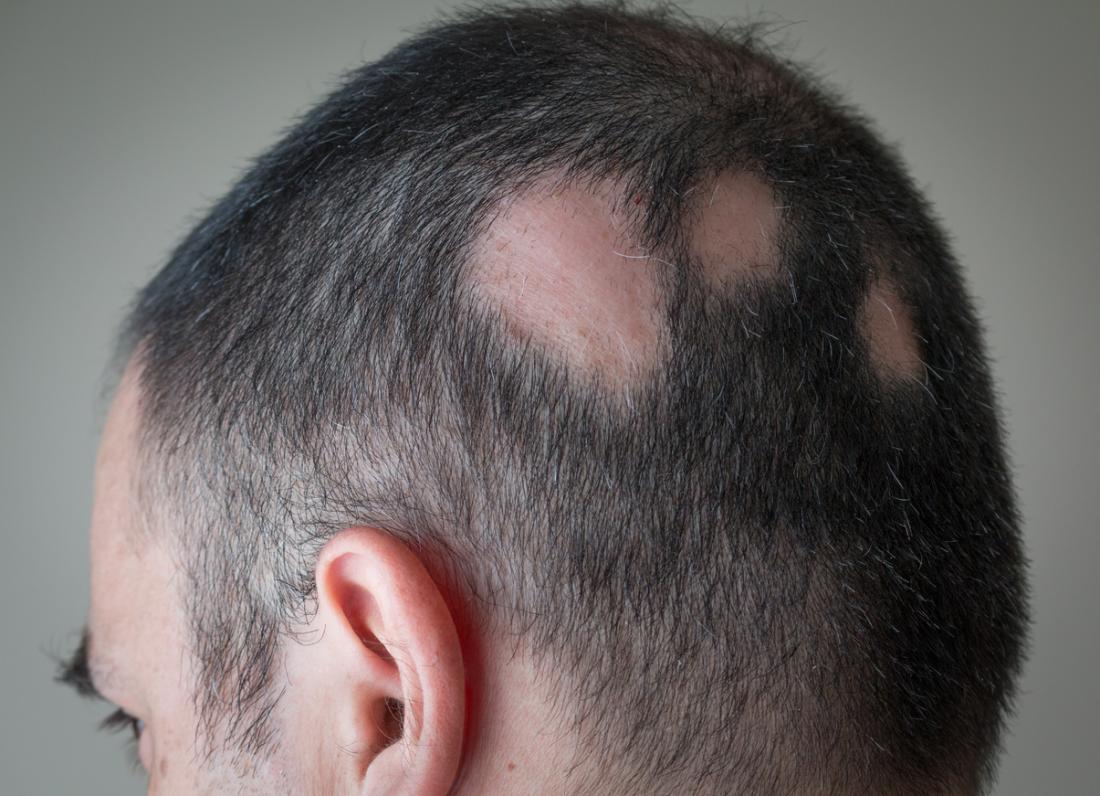Blitz News Digest
Stay updated with the latest trends and insights.
Hair Today, Gone Tomorrow: The Surprising Truth Behind Hair Loss
Uncover the shocking secrets of hair loss! Discover the truth behind thinning locks and how to regain your confidence today.
Understanding the Different Causes of Hair Loss: A Comprehensive Guide
Hair loss can be a distressing experience for many individuals, and understanding the different causes is crucial for effective management. There are various factors that can contribute to hair loss, including genetics, hormonal changes, and environmental influences. For instance, androgenetic alopecia, commonly known as male or female pattern baldness, is primarily influenced by hereditary factors and is characterized by a gradual thinning of hair. Additionally, hormonal changes during pregnancy, puberty, or menopause can lead to significant hair shedding, which is often temporary but can be alarming.
Other common causes of hair loss include stress, medical conditions, and certain medications. Telogen effluvium, a condition triggered by severe stress, illness, or nutritional deficiencies, causes hair follicles to enter the resting phase prematurely, leading to noticeable hair loss. Furthermore, conditions like alopecia areata can result in sudden, patchy hair loss due to an autoimmune response. Understanding these causes can help individuals seek appropriate treatment options and mitigate the psychological impact associated with hair loss.

Debunking Myths: What Really Causes Hair Loss?
Hair loss is often surrounded by numerous myths that can lead to confusion and misinformation. One common myth is that wearing hats or helmets causes hair loss. In reality, this is not supported by scientific evidence; hair follicles are not affected by external pressure from headgear. Another prevalent belief is that hair loss is solely inherited from the mother’s side of the family. While genetics do play a significant role, studies show that both sides of the family can contribute to hair loss traits, making it a complex issue influenced by multiple factors.
Additionally, many people assume that stress is a primary cause of hair loss. While high-stress levels can lead to temporary shedding, known as telogen effluvium, it is not the main cause of chronic hair loss conditions such as androgenetic alopecia. Factors such as hormonal changes, nutritional deficiencies, and certain medical conditions have a more significant impact on hair health. Therefore, understanding these underlying factors is essential for addressing hair loss effectively and dispelling the myths surrounding it.
Effective Solutions: How to Manage and Treat Hair Loss
Effective Solutions for managing and treating hair loss start with understanding the underlying causes. Hair loss can result from a variety of factors including genetics, hormonal changes, stress, and nutritional deficiencies. To tackle this issue effectively, it's crucial to identify the root cause of your hair loss. Consulting a healthcare professional can provide personalized insights, potentially leading to solutions such as minoxidil for topical application or finasteride for oral intake. Both of these treatments have shown effectiveness in promoting hair regrowth and slowing down the progression of hair loss.
In addition to medical treatments, lifestyle adjustments can significantly impact your hair health. Consider incorporating a balanced diet rich in vitamins and minerals that support hair growth, such as biotin, iron, and zinc. Regular exercise and stress-reduction techniques like yoga and meditation can also contribute to improved hair health. Furthermore, adopting gentle hair care practices—such as avoiding excessive heat styling and using a wide-tooth comb—can prevent additional damage. By combining these approaches, you create a comprehensive strategy for effectively managing and treating hair loss.